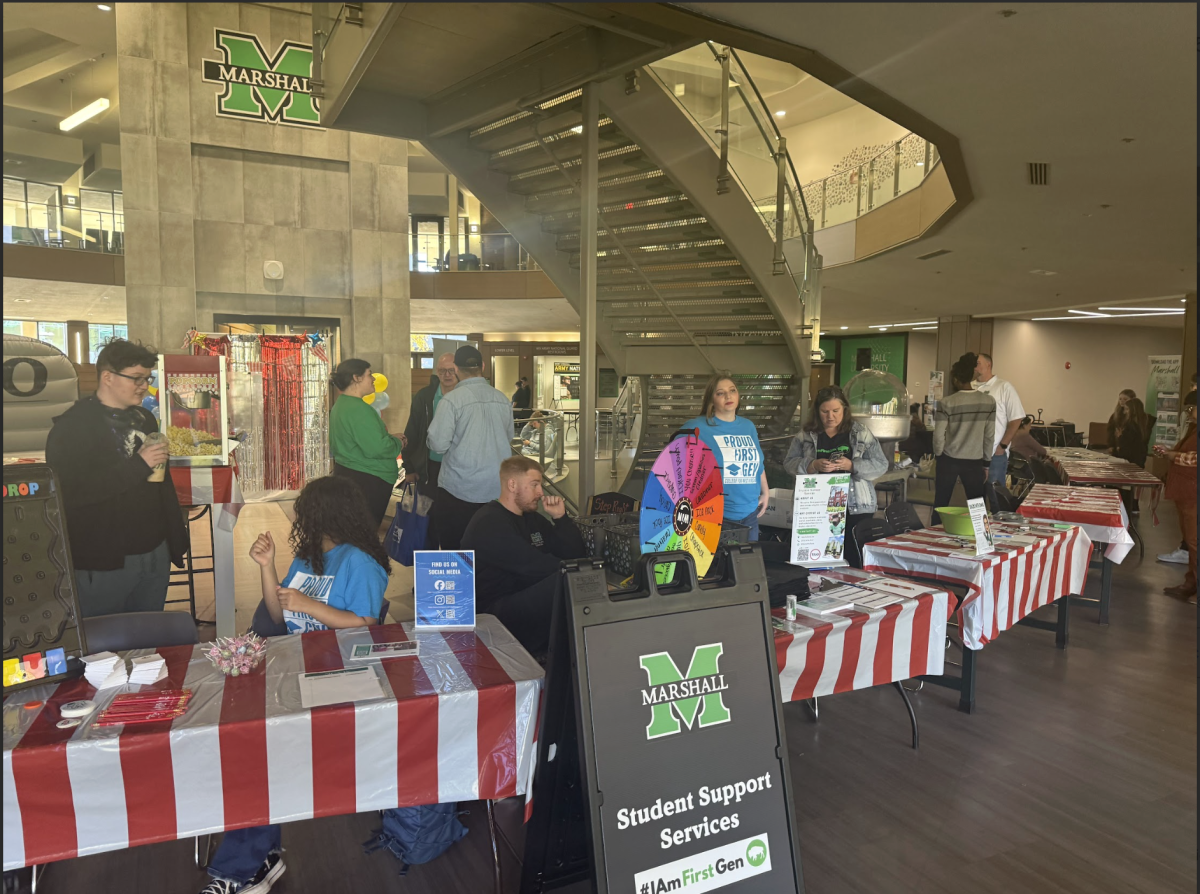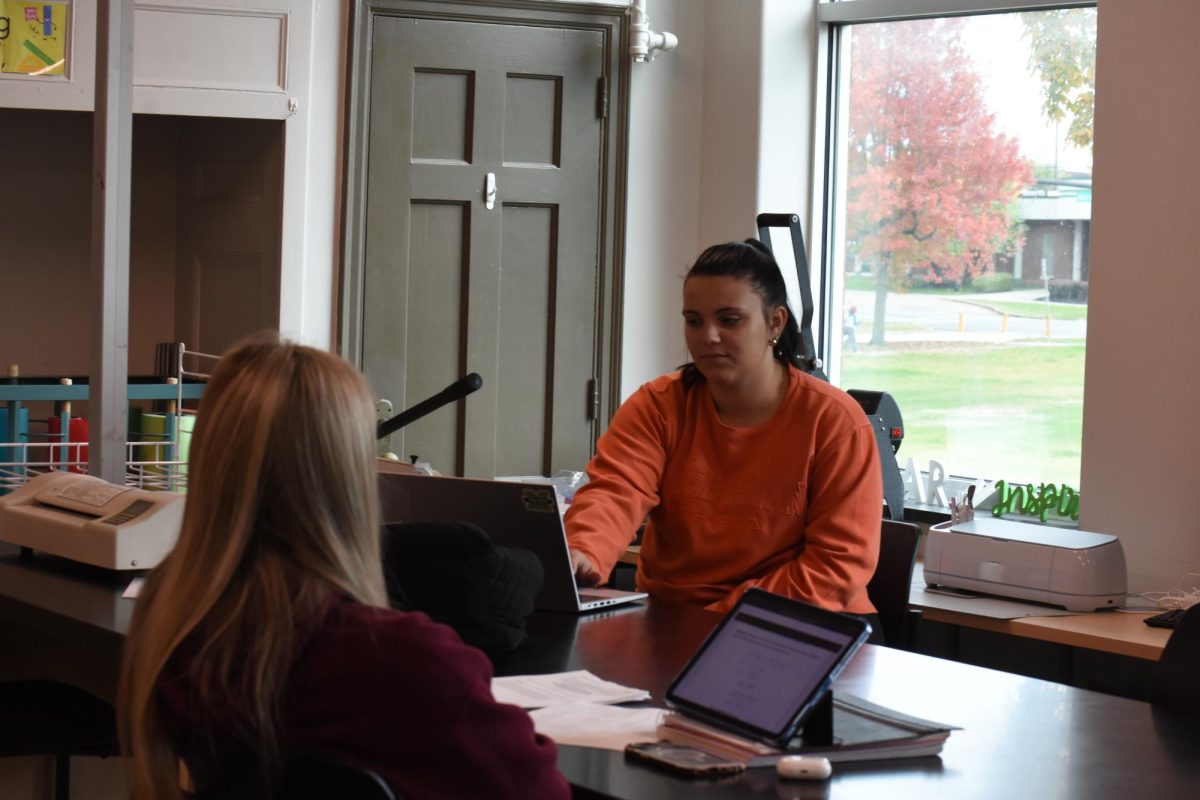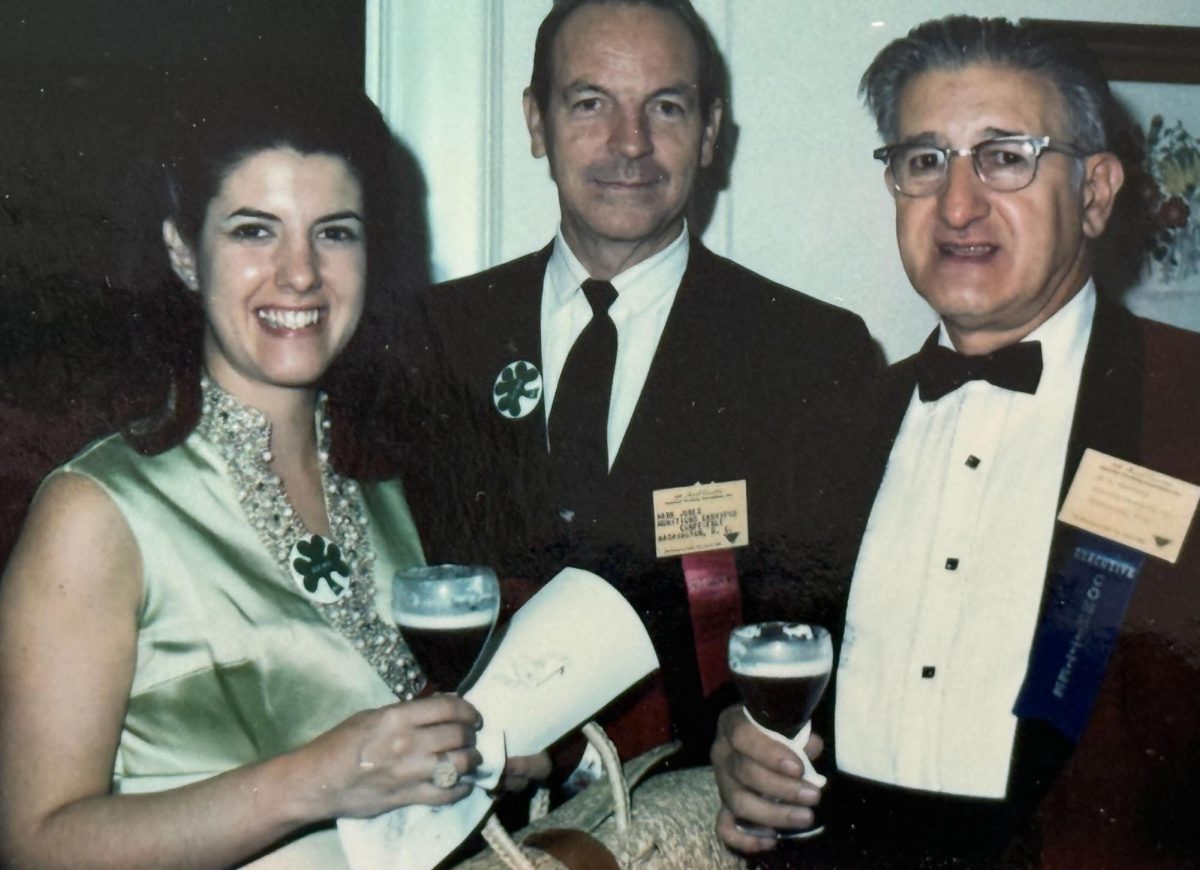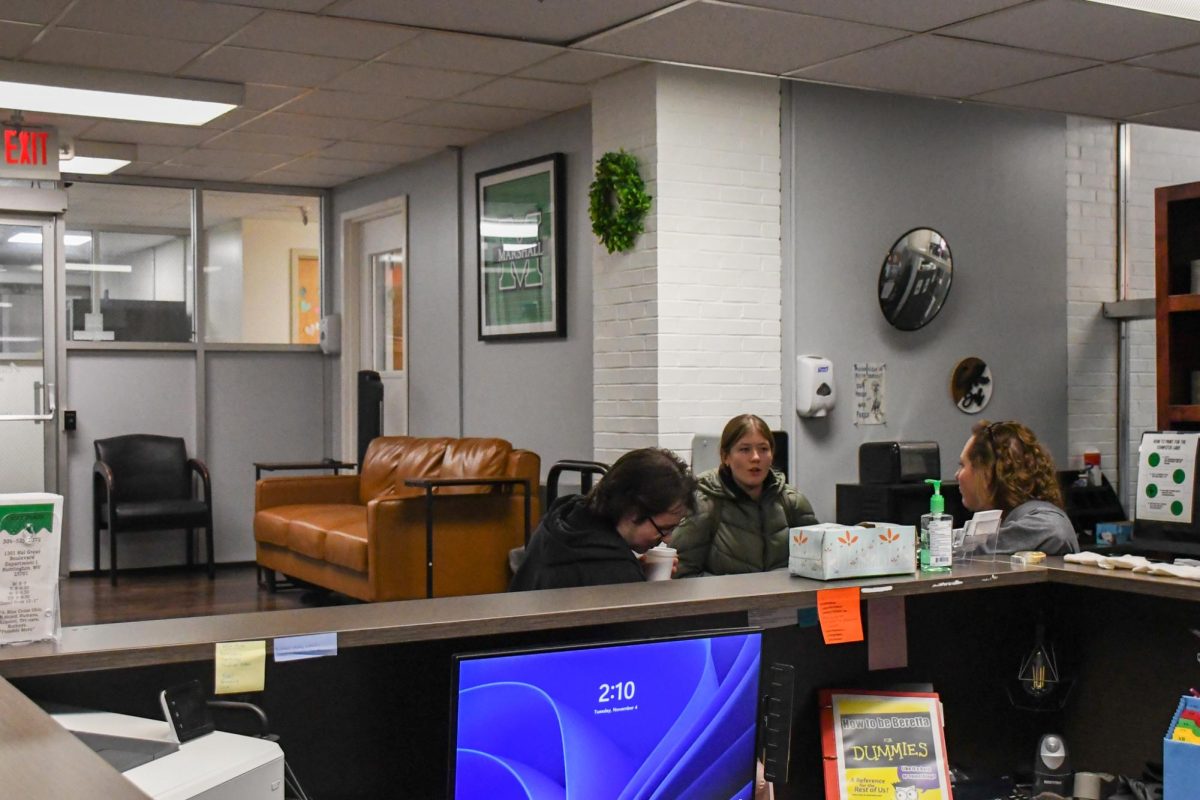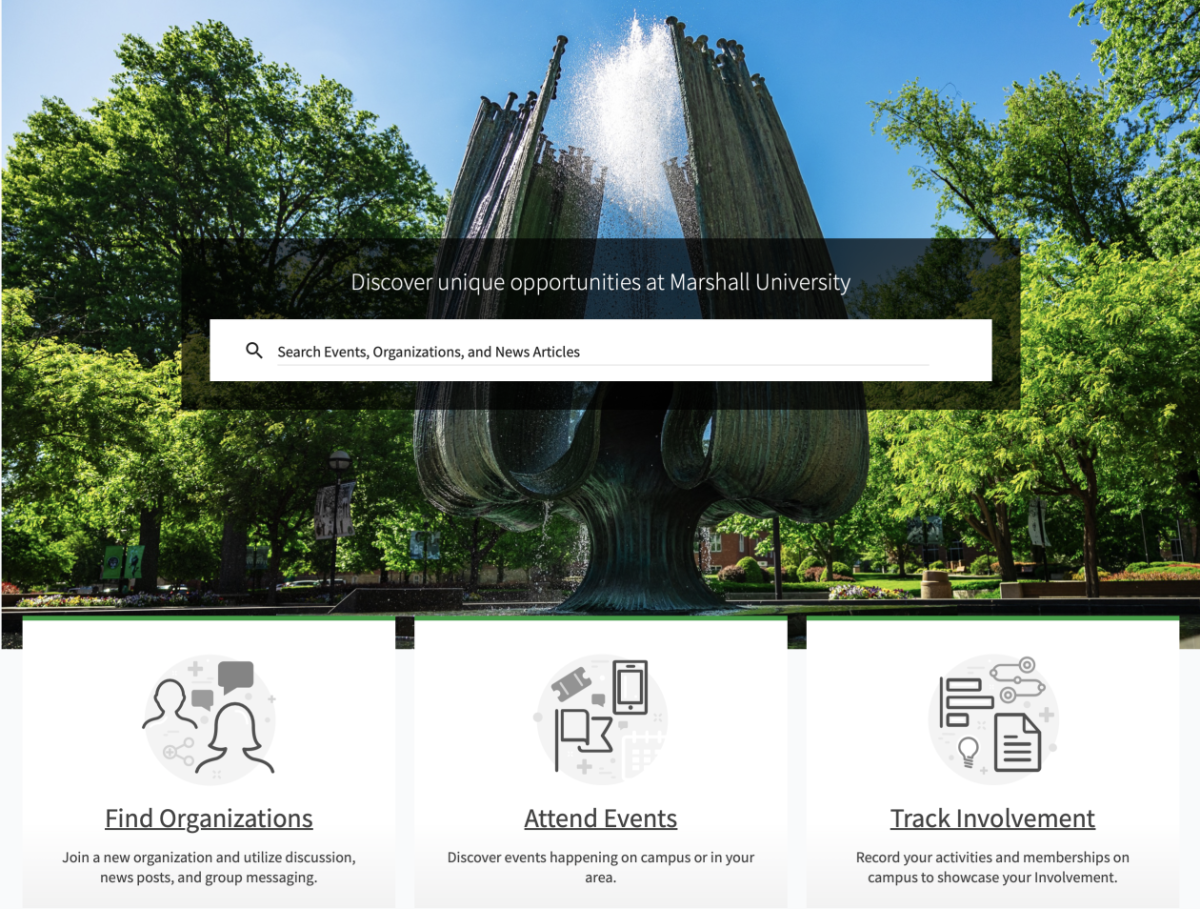Communication strategies, boundaries and signs of unhealthy relationships were covered in a presentation by the Title IX office and Women’s and Gender Center on how to handle heartbreak.
Alissa Rookard, coordinator for the Women’s and Gender Center, and Clinton Brown, assistant professor of communication studies, delivered a presentation and workshop Monday on the best strategies for navigating difficult situations in relationships and healthily dealing with heartbreak and rejection.
According to Rookard, all healthy relationships are built on mutual consent. During the presentation, she said consent is based on FRIES, an acronym developed by Planned Parenthood. FRIES establishes that consent must always be freely given, reversible, informed, enthusiastic and specific.
During the presentation, Rookard emphasized that at their core, all unhealthy relationships are based on a desire for control and removing the ability to consent.
Rookard also said she believes the most often overlooked aspect of an unhealthy relationship is the inability to have fun with your partner.
“I think that’s when you know it’s time to re-evaluate. Can you spend 24 hours alone with this person and enjoy that time together? If you can’t enjoy that time with them, it’s time to go,” Rookard said.
Rookard also believes the key takeaways to be taken from the presentation should be how to effectively recover after heartbreak, as it’s an inevitable part of the human experience.
“It can be applied to not just dating relationships, but professional relationships and familial relationships, all kinds of relationships, so being able to have those key skills and being able to bounce back is critical,” Rookard said.
In her presentation, Rookard’s key strategies for self-care after a breakup were to have an established aftercare plan, hold yourself and your ex-partner accountable, seek professional guidance and to set boundaries with your ex-partner.
Brown said he believes the key takeaways from his portion of the presentation were regarding the efficacy of communication in navigating difficult relationships and how communication can also have a negative impact.
“I think that we think of communication as the solution. If we improve communication, you know, it’s going to solve all of our relational issues,” Brown said. “But, really, communication can also be used to hurt other people, so looking at and recognizing those signs of the dark side of communication is important.”
During his portion of the presentation, Brown emphasized the dark side of communication and how it can negatively affect relationships through verbal and communicative abuse. Brown said the most often overlooked aspect of negative communication is that once something has been said, it cannot be taken back.
“It’s being mindful that you can’t unsay what you’ve said, right?” Brown said. “Once it’s said, it’s out there, and that will then influence every single thing that you say, so you need to be mindful that your words have power, how you say them has power and may cause conflict.”
Brown also said it’s important to recognize deficiencies in communication and make them clear to a partner.
“If you are not a great communicator, recognize that, tell your partner and say, ‘You know, I may misspeak at times, but please always ask me for a clarification,’” Brown said. “Recognize your limitations, communicate that to your partner, so that you can be more productive. Your communication will get better as you get more comfortable.”
Ashton Pack can be contacted at pack173@marshall.edu.









